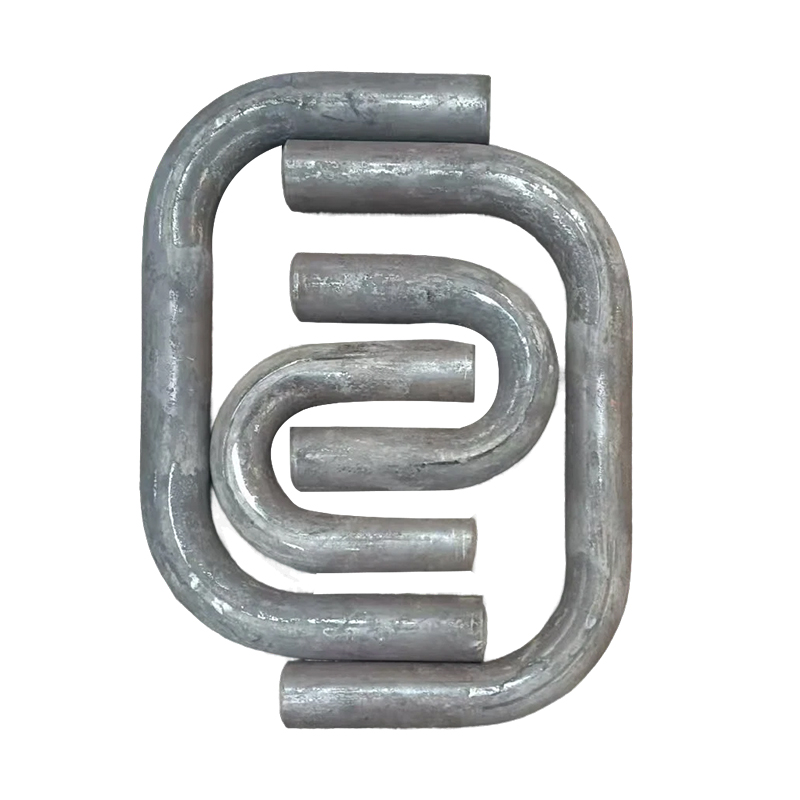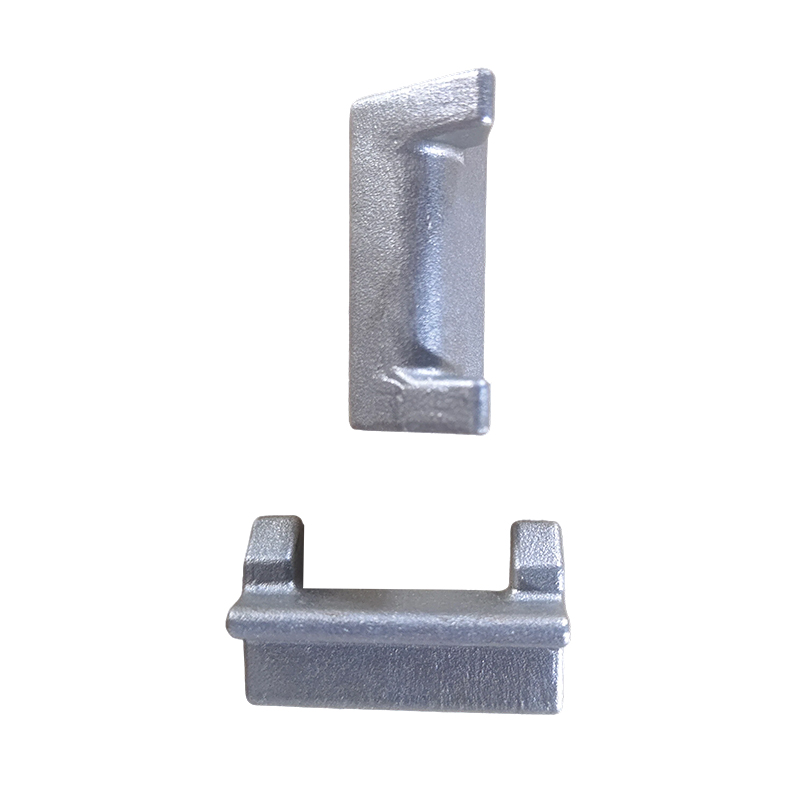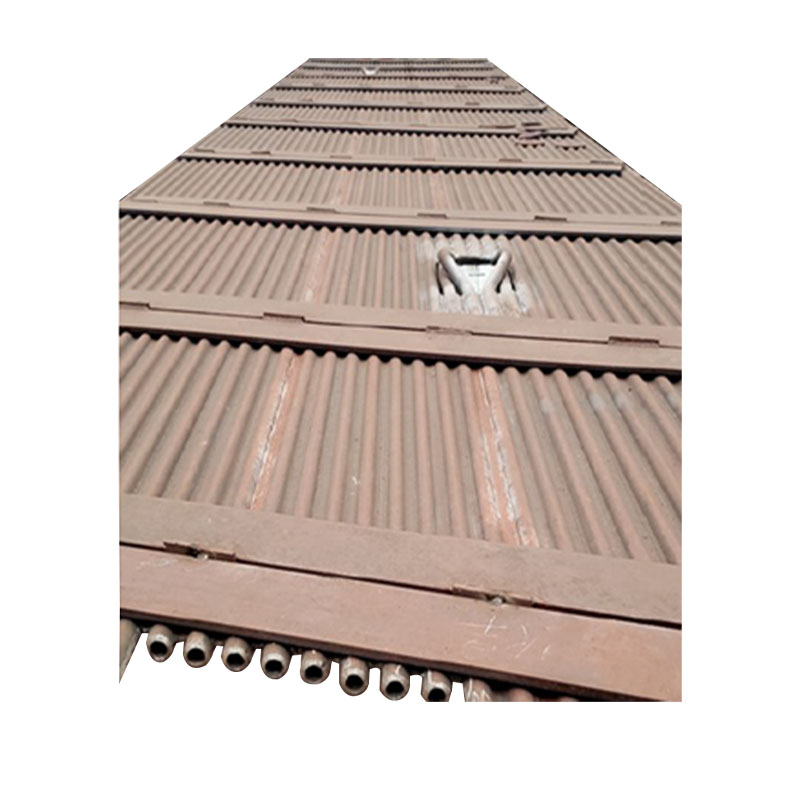In what aspects is the energy-saving and consumption-reducing design of boiler evaporator module products reflected?
Release Time : 2025-05-13
At a time when energy shortages and environmental protection requirements are becoming increasingly stringent, the energy-saving and consumption-reducing design of boiler evaporator module products has become the focus of industry attention. As a key equipment in industrial production and heating systems, its energy utilization efficiency not only affects the operating costs of enterprises, but also concerns the realization of sustainable development goals. Optimizing the energy-saving and consumption-reducing design of boiler evaporator modules can effectively reduce energy consumption and pollutant emissions, which is of great significance to promoting the green transformation of the industry.
High-efficiency heat exchange technology is one of the core means of energy saving and consumption reduction of boiler evaporator modules. By adopting new high-efficiency heat transfer materials and optimizing the structure of heat exchangers, the heat transfer efficiency can be significantly improved. For example, the spiral tube heat exchanger uses the spiral shape to increase fluid disturbance and enhance the heat transfer effect; the fin tube heat exchanger increases the heat exchange capacity per unit volume by increasing the heat exchange area. In addition, the microchannel heat exchanger achieves efficient heat transfer with its extremely small channel size and high specific surface area, reduces the loss of heat during the transfer process, thereby reducing energy consumption and improving the overall energy efficiency of the boiler evaporator module.
Waste heat recovery and reuse system is an important way to achieve energy saving and consumption reduction. The boiler evaporator module will generate a lot of waste heat during operation, such as high-temperature flue gas, steam condensate, etc. By installing a waste heat recovery device, this waste heat can be fully utilized. Taking flue gas waste heat recovery as an example, a heat pipe waste heat recovery device is used to transfer the heat of high-temperature flue gas to the medium to be heated, such as preheating boiler feed water or heating combustion air, thereby reducing fuel consumption. At the same time, the steam condensate is recycled and reused as boiler feed water, which not only saves water resources, but also reduces the energy required to heat new water, realizes multi-level utilization of energy, and improves energy utilization.
The intelligent control system provides technical support for energy saving and consumption reduction of the boiler evaporator module. By installing sensors to monitor the operating parameters of the boiler in real time, such as temperature, pressure, flow, etc., the data is analyzed and processed using intelligent algorithms, and the operating status of the equipment is automatically adjusted. For example, when the load is reduced, the intelligent control system can automatically reduce the fuel supply and steam generation to avoid energy waste; in terms of water quality monitoring, the water quality is detected in real time, and the dosage is automatically adjusted to ensure that the boiler operates under the best working conditions and reduce energy loss caused by water quality problems. In addition, with the help of Internet of Things technology, remote monitoring and fault warning can be realized, and energy waste problems in operation can be discovered and solved in time, further improving the economy and reliability of system operation.
Good thermal insulation design can effectively reduce heat loss and reduce energy consumption. High-performance thermal insulation materials, such as new nano thermal insulation materials and composite silicate thermal insulation materials, are used on the shell and pipe surface of the boiler evaporator module. These materials have the characteristics of low thermal conductivity, good thermal insulation performance and long service life. At the same time, the structure of the thermal insulation layer is optimized to ensure that the thermal insulation layer fits the equipment surface tightly and reduces the thermal bridge effect. For example, a multi-layer staggered wrapping method is used to prevent heat from being lost along the gap; special thermal insulation treatment is performed on pipe joints, valves and other heat-dissipating parts to reduce heat loss in all directions, so that the boiler evaporator module maintains a high thermal efficiency during operation and achieves the purpose of energy saving and consumption reduction.
Optimizing the design of the water circulation system helps to improve the utilization rate of water resources and achieve energy saving and consumption reduction. By using a variable frequency water pump, the water pump speed is automatically adjusted according to the actual water demand, avoiding the energy waste caused by the fixed flow of traditional fixed speed water pumps. At the same time, the layout of the water circulation pipeline is reasonably designed to reduce pipeline resistance and reduce the energy consumption of water pump operation. In addition, a complete water quality treatment system is established to prevent impurities and scaling substances in the water from depositing in the evaporator, ensuring smooth water circulation and efficient operation of the evaporator. For example, advanced water treatment technologies such as reverse osmosis and ion exchange are used to remove calcium, magnesium and other ions in the water, reduce scale formation, extend the service life of the equipment, and reduce energy consumption caused by equipment failure and cleaning and maintenance.
The energy-saving and consumption-reducing design of boiler evaporator module products is reflected in many aspects, from the application of efficient heat exchange technology, waste heat recovery and reuse, to intelligent control system optimization, thermal insulation design, water circulation system improvement, etc. These designs cooperate with each other and work together to improve the energy utilization efficiency of the boiler evaporator module. With the continuous innovation and development of technology, more advanced energy-saving and consumption-reducing technologies will be applied to boiler evaporator module products in the future, providing strong support for achieving energy sustainable development and energy conservation and emission reduction goals.







